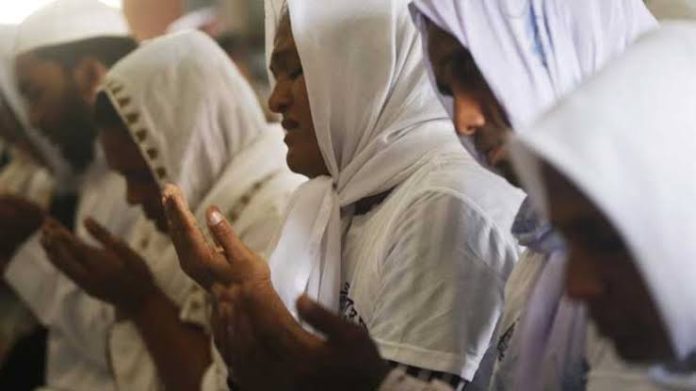The journey of the transgender hijra community in Bangladesh towards finding acceptance in a new mosque is a testament to both their resilience and the ongoing struggle for inclusion and recognition in society.
Despite facing expulsion from other prayer gatherings due to discrimination, the community’s perseverance led them to discover a sanctuary in the form of a humble mosque near Mymensingh. This mosque, although modest in structure, symbolizes a significant victory for the hijra community, providing them with a space where they can worship free from prejudice and discrimination.
The establishment of this mosque on government-donated land signifies a crucial step towards addressing the systemic marginalization faced by transgender individuals in Bangladesh. By allocating space for the mosque, the government acknowledges the rights of the hijra community to practice their faith without fear of persecution.
The presence of community activist Joyita Tonu, boldly declaring the community’s right to worship without restriction, reflects the courage and determination of hijra individuals to assert their dignity and demand equality. Her words resonate with the collective struggle of the hijra community against societal stigma and discrimination, affirming their rightful place within religious spaces.
Sonia’s poignant expression of gratitude for the opportunity to pray in a mosque again highlights the profound impact of acceptance and inclusion on individual well-being. Her journey from being denied the right to pray in a mosque after embracing her hijra identity to finding solace in the new mosque underscores the transformative power of inclusive spaces in fostering a sense of belonging and spiritual fulfillment.
However, amidst these signs of progress, it’s essential to recognize that the hijra community in Bangladesh continues to face widespread prejudice and discrimination. Despite recent strides in legal and political recognition, societal attitudes towards transgender individuals remain deeply entrenched, posing significant barriers to their full participation and inclusion in society.


